Looking for a simple homemade curry powder recipe? This easy 7-ingredient blend takes just 15 minutes to make and tastes fresher than store-bought versions. Here's what you need:
- Turmeric (2 tbsp)
- Cumin seeds (1 tbsp)
- Coriander seeds (1 tbsp)
- Fenugreek seeds (1 tsp)
- Black peppercorns (½ tsp)
- Mustard seeds (½ tsp)
- Dried ginger (1 tsp)
Toast spices in a dry skillet for 2-3 minutes until fragrant, then grind into powder. That's it! For detailed instructions, flavor variations, and storage tips, continue reading below.
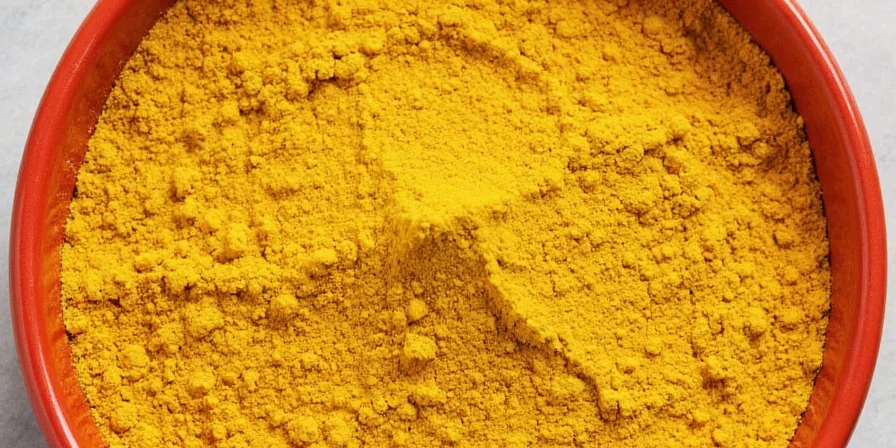
Simple Homemade Curry Powder Recipe (5-Minute Version)
Many home cooks struggle with store-bought curry powder that tastes stale or contains unwanted additives. This basic recipe solves those problems with fresh ingredients you control. Here's what you'll need for a classic blend:
- Turmeric (2 tbsp) - provides color and earthy flavor
- Cumin seeds (1 tbsp) - adds warm, nutty notes
- Coriander seeds (1 tbsp) - balances with citrusy brightness
- Fenugreek seeds (1 tsp) - adds subtle maple-like depth
- Black peppercorns (½ tsp) - enhances flavor and nutrient absorption
- Mustard seeds (½ tsp) - contributes tangy complexity
- Dried ginger (1 tsp) - provides gentle warmth
This beginner-friendly ratio creates a balanced curry powder perfect for most dishes. As you gain experience, you can adjust these proportions to suit your taste preferences.
| Spice | Basic Function | Beginner Ratio | When to Adjust |
|---|---|---|---|
| Turmeric | Color base & earthy flavor | 2 parts | Reduce if too bitter |
| Cumin | Warm, nutty foundation | 1 part | Increase for stronger flavor |
| Coriander | Brightness & balance | 1 part | Essential for balanced flavor |
| Fenugreek | Depth (use sparingly) | ½ part | Too much creates bitterness |
| Black Pepper | Heat & nutrient boost | ¼ part | Increase for more heat |
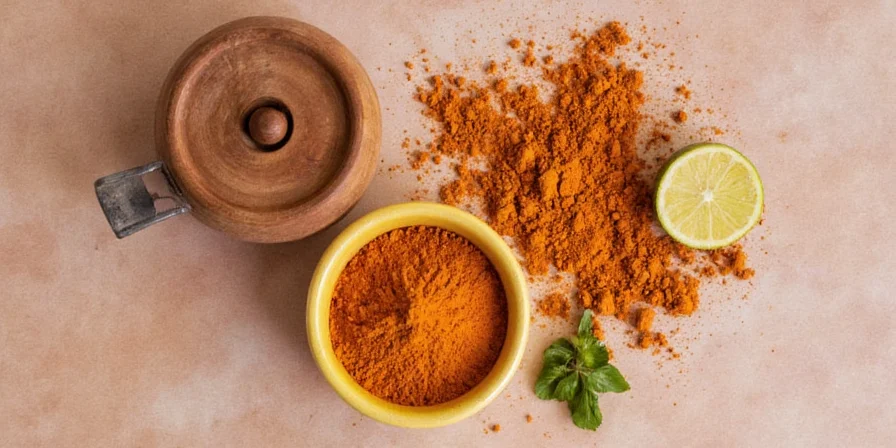
How to Toast Spices for Better Flavor (No Special Equipment Needed)
Toasting unlocks deeper flavors without complicated equipment. Follow these simple steps:
- Heat a regular skillet over medium heat for 1 minute
- Add all spices except delicate ones like cardamom
- Stir constantly for 2-3 minutes until fragrant
- Remove immediately when you smell the aroma
- Cool completely before grinding
Key tip: If spices start smoking or turn dark brown, you've gone too far. The perfect toast happens when you can smell the spices strongly but they remain their original color. This simple technique makes your curry powder taste noticeably fresher than store-bought versions.
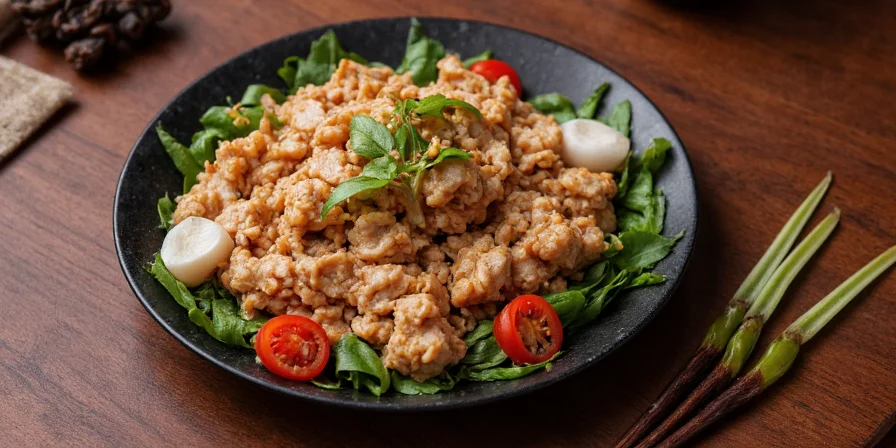
Grinding Methods That Work With What You Have
You don't need special equipment to make great curry powder. Try these accessible methods:
- Mortar and pestle: Traditional method requiring 5-7 minutes of grinding for fine texture
- Coffee grinder: Dedicated spice grinder gives finest powder in 30 seconds (don't use your coffee grinder for coffee afterward!)
- Blender: Works for larger batches but may not achieve fine texture
Pro tip: Add a small piece of uncooked rice while grinding. It absorbs moisture that causes clumping without changing flavor. This trick works especially well in humid climates.
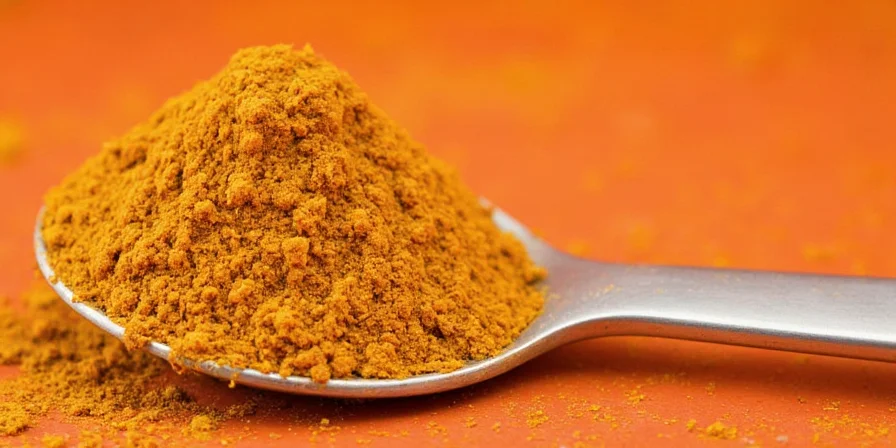
3 Simple Upgrades for Better Results
Once you've mastered the basic recipe, try these easy improvements:
- Customize heat level: Add cayenne pepper (¼-1 tsp) for extra spice or omit for mild version
- Fix bitter taste: If your blend tastes bitter, reduce fenugreek and toast spices for less time
- Extend freshness: Store in an airtight container away from heat and light - lasts 4-6 months
Many people wonder whether homemade curry powder is worth the effort. The answer is yes - fresh spices contain up to 60% more flavor compounds than pre-ground versions that have been sitting on shelves.
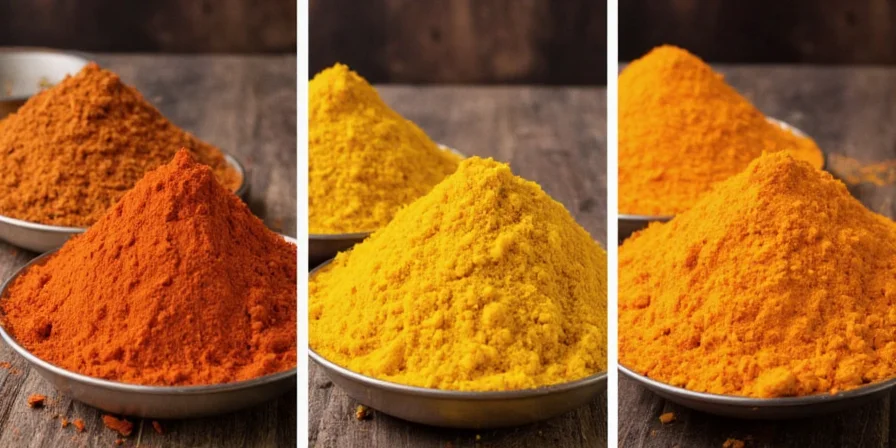
3 Popular Curry Powder Variations
Adapt your basic blend for different cuisines with these simple tweaks:
Indian-Style Curry Powder
- Use the basic recipe
- Add ½ tsp cardamom pods
- Add ¼ tsp cloves
Thai Curry Powder
- Replace 1 tbsp turmeric with 1 tbsp lemongrass powder
- Add ½ tsp galangal powder
- Add 5 dried kaffir lime leaves (crushed)
Caribbean Curry Powder
- Replace turmeric with 1 tbsp allspice
- Add 1 tsp thyme
- Add ½ tsp nutmeg
These variations use the same basic technique but create completely different flavor profiles perfect for specific dishes.
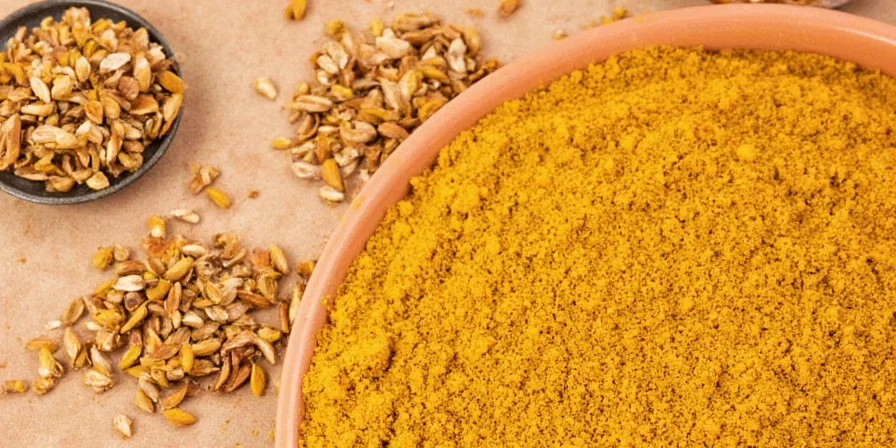
How to Store Curry Powder for Maximum Freshness
Keep your homemade curry powder tasting fresh with these storage tips:
- Use dark glass or opaque containers (light degrades flavor)
- Store in a cool, dark place away from the stove
- Keep container tightly sealed when not in use
- Never store above the stove where heat builds up
Your curry powder will stay fresh for 4-6 months using these methods. To test freshness, rub a small amount between your fingers - if you can't smell the spices strongly, it's time to make a new batch.
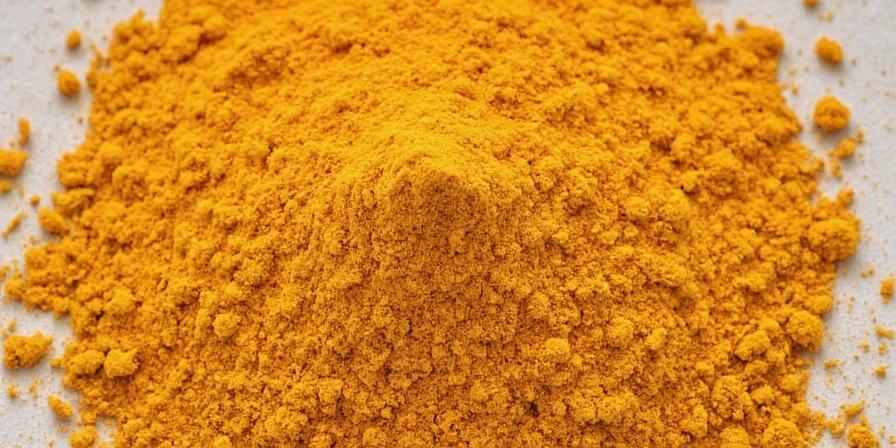
Most Common Questions About Homemade Curry Powder
Can I make curry powder without a grinder?
Yes! Crush spices with a mortar and pestle or even a heavy glass in a bowl. Place spices between two clean kitchen towels and roll with a rolling pin. The texture won't be as fine, but the flavor will still be excellent.
Why does my curry powder taste bitter?
Bitterness usually comes from over-toasting spices, especially fenugreek. Toast spices just until fragrant (about 2-3 minutes), not until they change color. Also try reducing fenugreek to ½ tsp in your next batch.
How can I make mild curry powder for kids?
Omit black pepper and any chili ingredients. Increase coriander to 1.5 tbsp for more citrusy brightness that balances turmeric's earthiness. Add ½ tsp mild paprika for color without heat.
Can I use fresh spices instead of dried?
For best results, use dried spices. Fresh spices contain too much moisture and won't grind properly. If using fresh ginger, dry it thoroughly in a low oven first, but dried is always preferable for curry powder.
How much curry powder equals curry paste?
Use 1 tbsp curry powder for every 2 tbsp curry paste in recipes. Since powder lacks the oil and liquid in paste, you may need to adjust liquid ingredients slightly in your dish.
Enjoy Fresh, Customizable Curry Powder at Home
Creating your own curry powder is simpler than most people think and delivers noticeably better flavor than store-bought versions. Start with the basic 7-ingredient recipe, then experiment with variations as you become more comfortable. The ability to control ingredients, adjust heat levels, and avoid preservatives makes homemade curry powder a valuable kitchen skill. Most importantly, freshly made spice blends transform ordinary dishes into restaurant-quality meals with minimal effort. Try this simple recipe today and taste the difference fresh spices make!
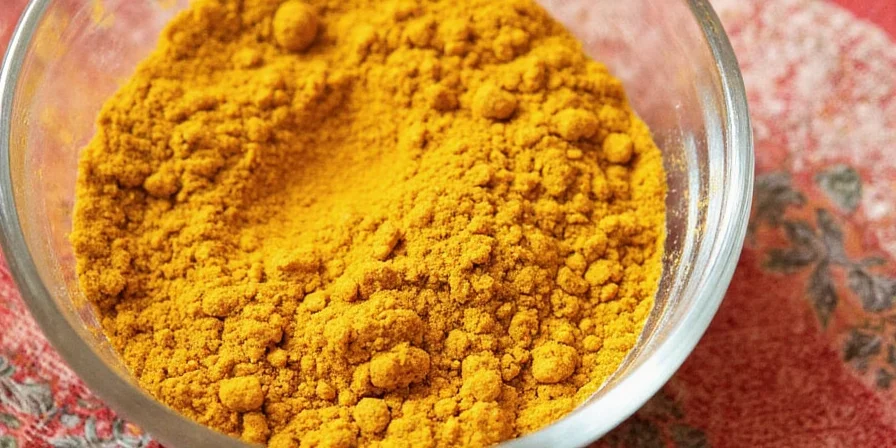

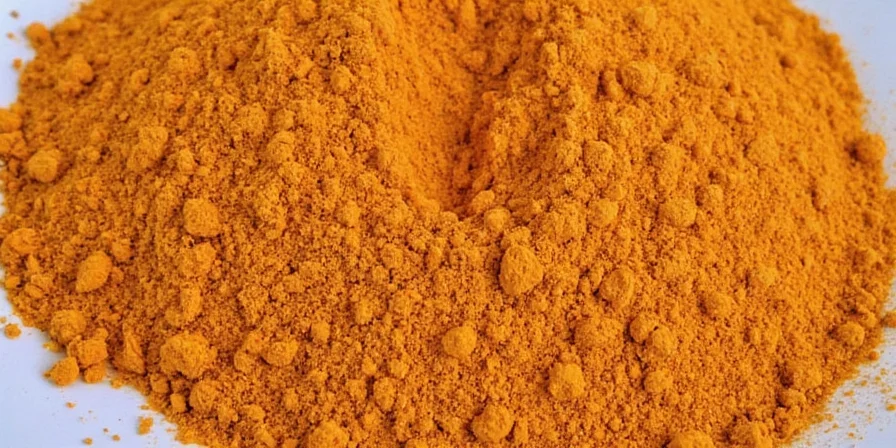









 浙公网安备
33010002000092号
浙公网安备
33010002000092号 浙B2-20120091-4
浙B2-20120091-4